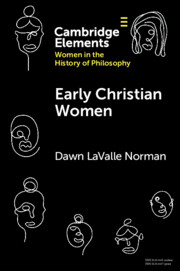The ‘iron hypothesis’ claims that Fe depletion protects against IHD. The objective of the present study was to investigate the associations between serum ferritin levels and the risk of CVD and IHD in a population-based sample. A total of 2874 subjects with serum ferritin levels between 15 and 300 μg/l from the Danish part of the ‘Monitoring of Trends and Determinants in Cardiovascular Disease’ (DAN-MONICA) I study and the 1914 Cohort survey were followed for 10 years. Information on behavioural and socio-demographic characteristics were collected and serum ferritin levels measured. Non-fatal and fatal CVD and IHD were identified by the International Classification of Diseases diagnoses numbers. Multivariable Cox proportional hazard regression models with restricted cubic splines were performed. During the follow-up period, 310 subjects (201 men; 109 women) and 161 subjects (117 men; forty-four women) experienced CVD and IHD, respectively. Our analyses revealed no statistically significant associations between serum ferritin levels and the risk of CVD or IHD in both sexes. However, in women, the results argue for a U-shaped relationship between serum ferritin levels and CVD as well as IHD. In concordance with former prospective studies, the present results do not support the hypothesis that normal body Fe stores should play a significant role in the development of CVD.
